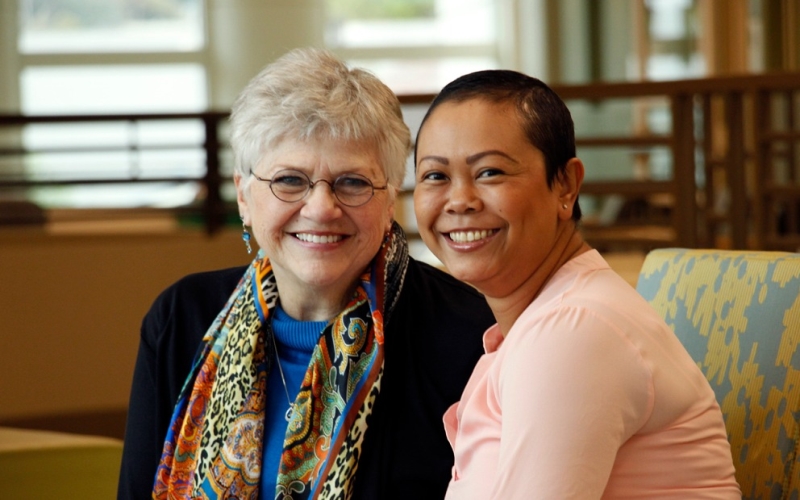When cancer is caught early on, treatment has the potential to become more manageable, and survival chances can significantly rise, sparing patients and families much suffering. Yet Aboriginal people often face barriers to accessing timely diagnosis, allowing the disease to advance further before detection. As cancer claims Aboriginal lives at a devastatingly high rate year after year, tailored screening and early detection measures are critical to closing this mortality gap. A community-based cancer care program can sustainably provide coordinated education, upskilling, screening, and early intervention.
Holistic Care Integration Desperately Needed
Aboriginal people disproportionately experience chronic illnesses like diabetes, heart disease and asthma at alarming rates. Living with multiple concurrent health complications is extremely wearying and worrisome – however, these underlying conditions also compound cancer risks over time. When cancer does eventually strike, already scarred and strained bodies have considerably fewer resources and resilience to withstand the physical and emotional effects of medical scans, invasive surgery, medication and intensive radiotherapy treatments.
Culturally Safe Care Fundamentally Central to Closing Mortality Gap
Oppression and intergenerational trauma have created deep seeds of medical mistrust among many Aboriginal people engaging with mainstream health services and institutions. Compassionately dismantling these entrenched barriers through patient-centred, culturally safe care and support is fundamentally central to empowering First Nations people to access potentially lifesaving screening and treatment services when needed confidently. Rebuilding this trust requires absolute consistency in words, actions and behaviour over an extended period. Medical services need a systemic-level transformation that fully incorporates Indigenous voices. Clear, consistent guidance from an embedded cancer care program on evolving community priorities and acceptable, dignified models of care is critical for reinforcing genuine safety at a foundational level.
The tailored cancer care program can also coordinate interactive truth-telling forums and reflective workshops to deepen cultural sensitivity through compassionate understanding progressively. Open, non-judgemental dialogue allows providers to humbly appreciate how their behaviour – even unintentionally – can further disempower and re-traumatise patients based on lived community experiences.
Collaboration Remains Key to Sustainable Success
By sincerely recognising Aboriginal people as the ultimate experts on Aboriginal health needs through true shared decision-making, establishing strong, dynamic partnerships across the community, clinical and government sectors remains crucial to facilitate the change necessary to bend the mortality curve. The cancer care program purposefully nurtures these collaborative links and networks across Aboriginal-led organisations, mainstream cancer support services, and policymakers to sustain hard-fought progress rather than continually reinvent the wheel. Furthermore, a combined, coordinated approach enables much smoother patient transitions along the entire cancer care pathway.
Targeted Community Education and Support Initiatives
The cancer care program can assist local Aboriginal community groups as equal partners to co-develop early detection and cancer support community education, which encourages all people to recognise potential cancer symptoms proactively and understand the lifesaving benefits early detection provides in improving future health outcomes, further empowering First Nation individuals to advocate for their wellbeing confidently.
Regular Health Checks for Peace of Mind
Though an embedded cancer care program significantly empowers communities through customised education and support, positive change realistically requires unified momentum across health partners over the long term to continually push towards better screening access, treatment outcomes and support for Aboriginal people across NSW.
While prevention and early detection still provide people with the best fighting chance against cancer if caught early, risks, unfortunately, remain higher, and it is crucially important for every single Aboriginal adult of all ages to have regular health checks. Please speak to your local ACCHO team about scheduling a check-up for yourself or your family. It very well could ultimately save your life down the road.
